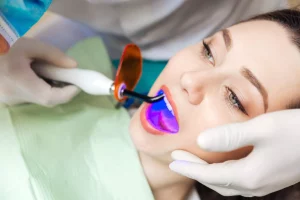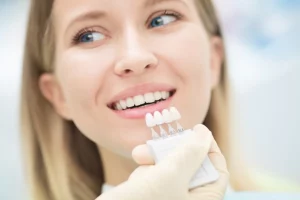Last Updated on: 2nd December 2025, 09:49 am
Cosmetic dentistry has become an essential branch of modern dentistry, offering a wide range of procedures designed to improve the aesthetics of a person’s smile. These procedures not only transform the appearance of teeth but can also have a positive impact on patients’ confidence and self-esteem. In this article, we will explore what cosmetic dentistry is, the different types of cosmetic dental procedures available, their advantages and disadvantages, as well as the recovery time associated with these treatments.
What is Cosmetic Dentistry?
Cosmetic dentistry is a specialized branch of dentistry that focuses on improving the aesthetics of patients’ smiles. Unlike general dentistry, which focuses on dental health and functionality, cosmetic dentistry focuses on the appearance of teeth and gums.
Cosmetic dentists are highly trained professionals who use a variety of advanced procedures and technologies to help their patients achieve the smile of their dreams.
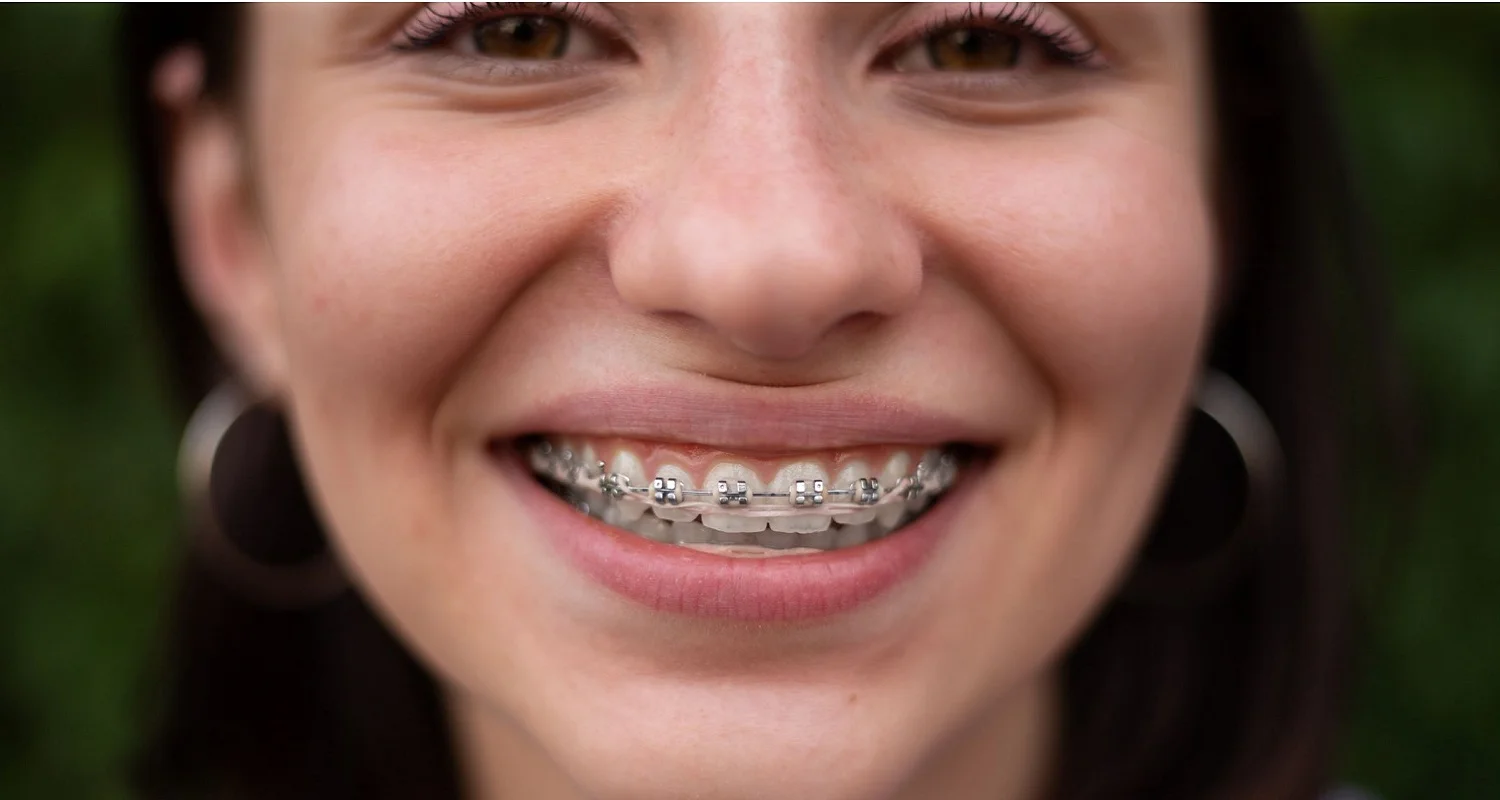
Types of Cosmetic Dental Procedures
- Teeth Whitening: Teeth whitening is one of the most popular cosmetic dentistry procedures. This treatment is used to eliminate stains and discolorations on teeth, returning them to their natural color and shine. Whitening can be done in the dental office or at home with whitening kits supervised by a professional.
- Enamel Modeling: Enamel shaping is a non-invasive procedure used to correct small imperfections in the shape or size of the teeth. It is especially useful for smoothing out rough or pitted edges, repairing minor chips, and slightly adjusting the shape of teeth so that they fit harmoniously with the patient’s smile. This procedure is performed by minimally removing tooth enamel and often does not require anesthesia. The results are immediate and can transform the aesthetics of a smile in a single visit to the dentist.
- Composite Resins: Composite resins are a versatile material used to correct defects in teeth, such as discolorations, spaces between teeth, or small irregularities in shape. The dentist applies layers of composite resin to the tooth and carefully molds them to achieve the desired shape. They are then hardened with specialized light. Composite resins are known for their ability to match the color and texture of natural teeth, providing an aesthetic and long-lasting result.
- Dental Veneers: Dental veneers are thin sheets of porcelain or composite that are bonded to the front of the teeth to improve their shape, size, and color. They are an effective option to correct misaligned, discolored teeth or teeth with spaces between them.
- Orthodontics: Having your teeth aligned can be an essential step to obtaining a harmonious smile. To achieve this, there are various treatments, some of them use tooth-colored braces or transparent plates so as not to affect the aesthetics of the smile.
- Dental implants: Dental implants are a permanent solution for replacing missing teeth. They consist of a titanium screw that is placed in the jaw bone and a dental crown that is placed on top to restore the appearance and functionality of a natural tooth.
- Dental Crowns: Dental crowns are caps that completely cover a damaged or weakened tooth. These restorations not only protect the tooth but also improve its appearance.
- Gum contour: In addition to the procedures mentioned, there are other cosmetic treatments, such as gum contouring, which reshape the gums to improve the symmetry of the smile.
- Aesthetic Dental Surgery: In more complex cases, cosmetic dental surgery may be necessary to correct problems such as a misaligned jaw or excess gum tissue. These procedures can have a significant impact on the appearance of your smile.
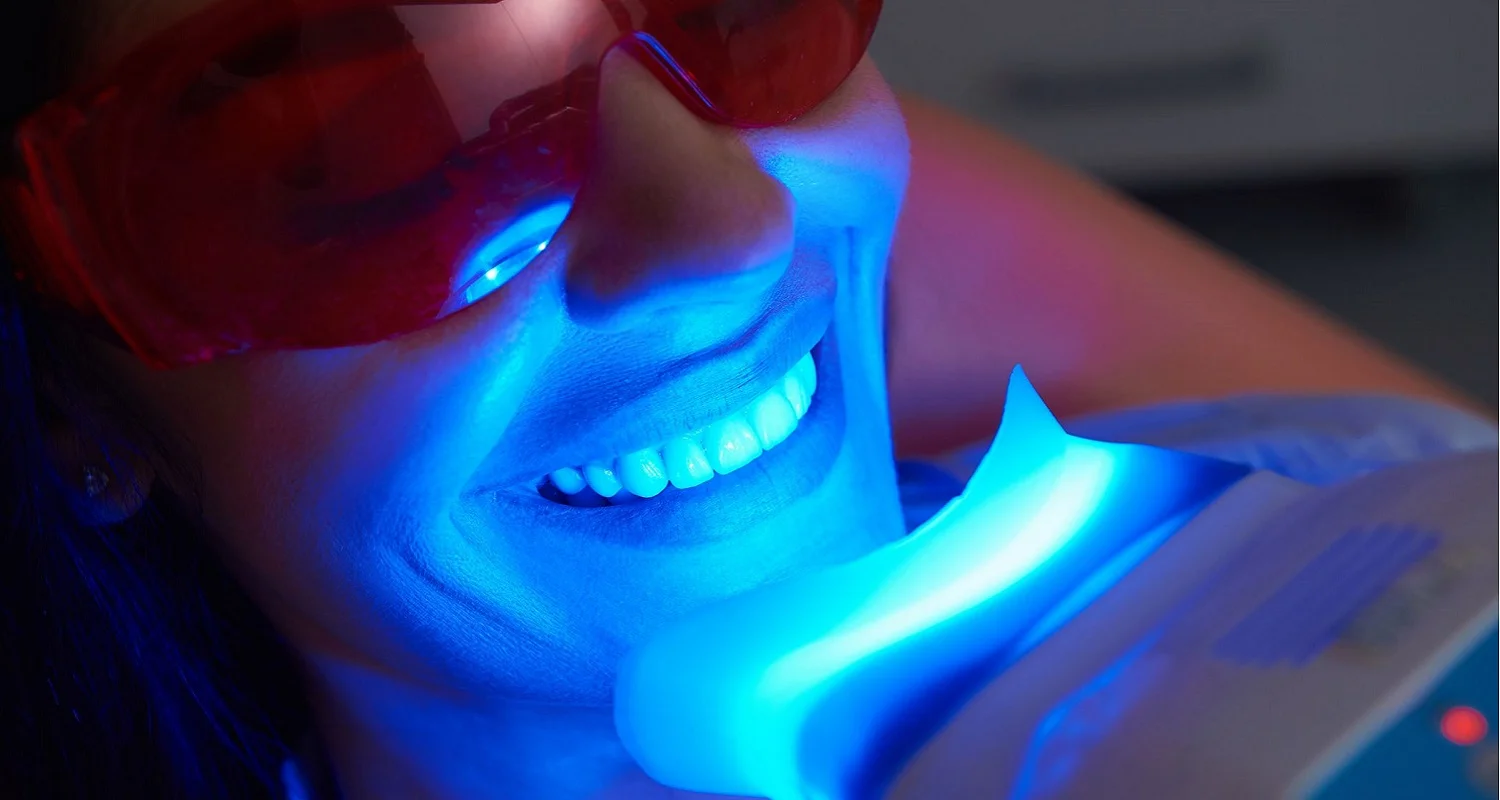
What are the Advantages and Disadvantages of Cosmetic Dentistry?
Advantages:
- Improve Confidence: Cosmetic dentistry can transform a person’s smile and consequently increase their confidence and self-esteem.
- Lasting Results: Many cosmetic procedures offer long-term results.
- Personalized Treatments: Cosmetic dentists design treatments specific to each patient’s needs and desires.
- Improves Oral Health: Some procedures, such as dental veneers, also improve the functionality and health of your teeth.
Disadvantages:
- Cost: Some cosmetic procedures can be expensive, and not all are covered by dental insurance.
- Sensitivity: Teeth whitening and other treatments may cause temporary tooth sensitivity in some patients.
- Maintenance Requirements: Some procedures may require ongoing care and maintenance to maintain results.
- Not for everyone: Not all patients are ideal candidates for cosmetic procedures, as overall oral health must be adequate.
Recovery time
Recovery time varies depending on the cosmetic dental procedure performed. Typically, less invasive procedures, such as teeth whitening and veneers, have minimal recovery time. Patients can return to normal activities almost immediately.
On the other hand, more invasive procedures, such as cosmetic dental surgery or the placement of dental implants, may require a longer recovery period. Patients may experience swelling, discomfort, or dietary restrictions for a few days or weeks, depending on the complexity of the procedure.
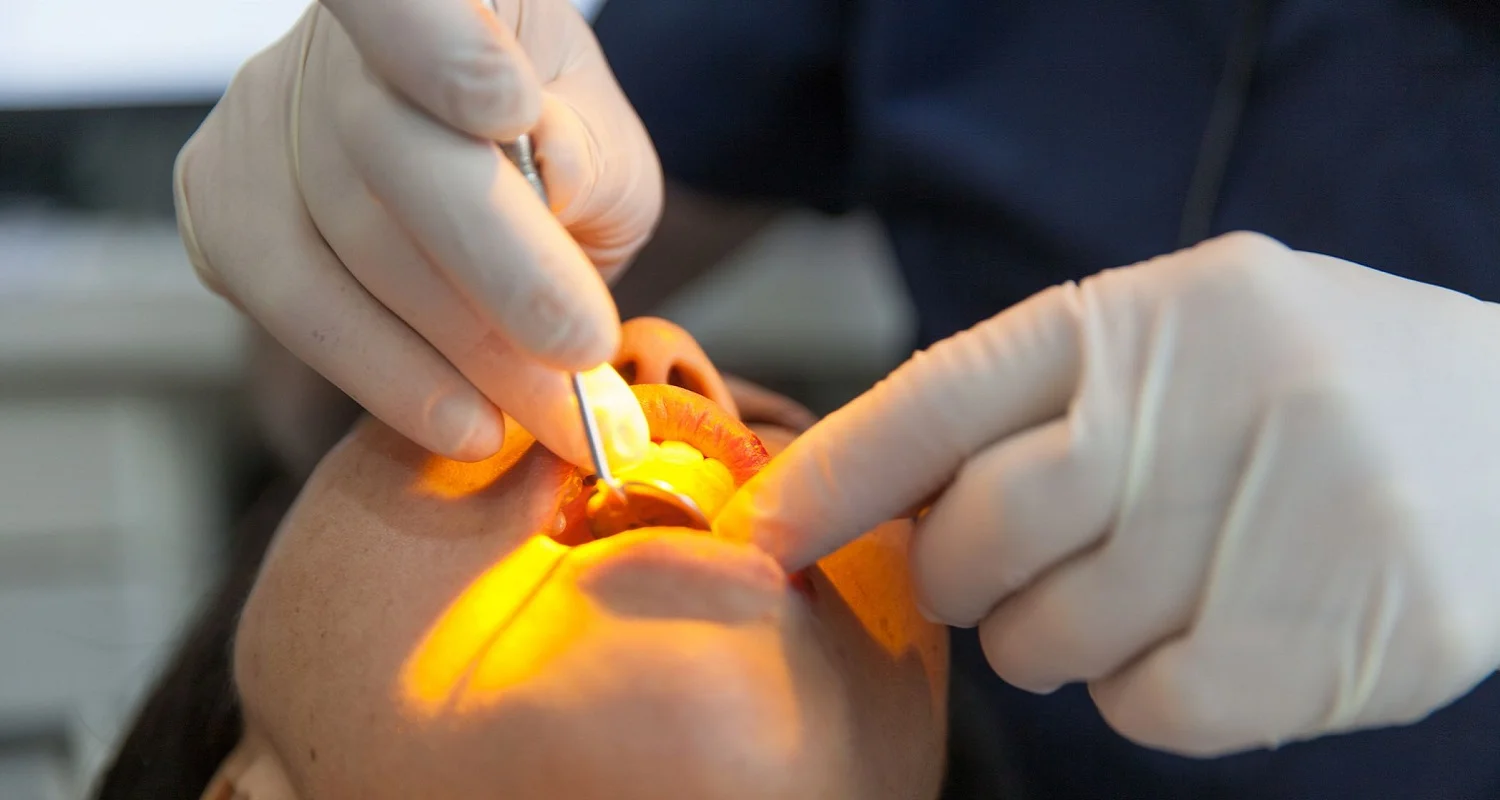
Conclusion
In conclusion, cosmetic dentistry offers a wide range of procedures that can transform the smile and improve patients’ confidence. However, it is important to consider the advantages and disadvantages of these treatments, as well as the recovery time required. If you are interested in improving the aesthetics of your smile, consult a cosmetic dentist to determine the best option for you to achieve a stunning, healthy smile.
Contact Us
If you have any questions about irrigating wisdom tooth sockets or other dental topics, you can contact us at Channel Islands Family Dental as well as our page on Facebook. We look forward to your visit and we will make a timely diagnosis. Our dentists in Oxnard, Santa Paula, Ventura, Newbury Park, and Port Hueneme will be able to guide you toward the best treatment to take care of your health and give you back your best smile.
Frequently Asked Questions (FAQ)
Bibliography
- Cosmetic dentistry. (2022). Cleveland Clinic. Retrieved September 9, 2023, from https://my.clevelandclinic.org/health/treatments/23914-cosmetic-dentistry
- Cosmetic dentistry — before-and-after pictures. (2023). WebMD. Retrieved September 9, 2023, from https://www.webmd.com/oral-health/ss/slideshow-cosmetic-dentistry
- American Dental Association. (2021). Cosmetic Dentistry: What Is It?
- WebMD. (2021). Dental Crowns. https://www.webmd.com/oral-health/guide/dental-crowns







